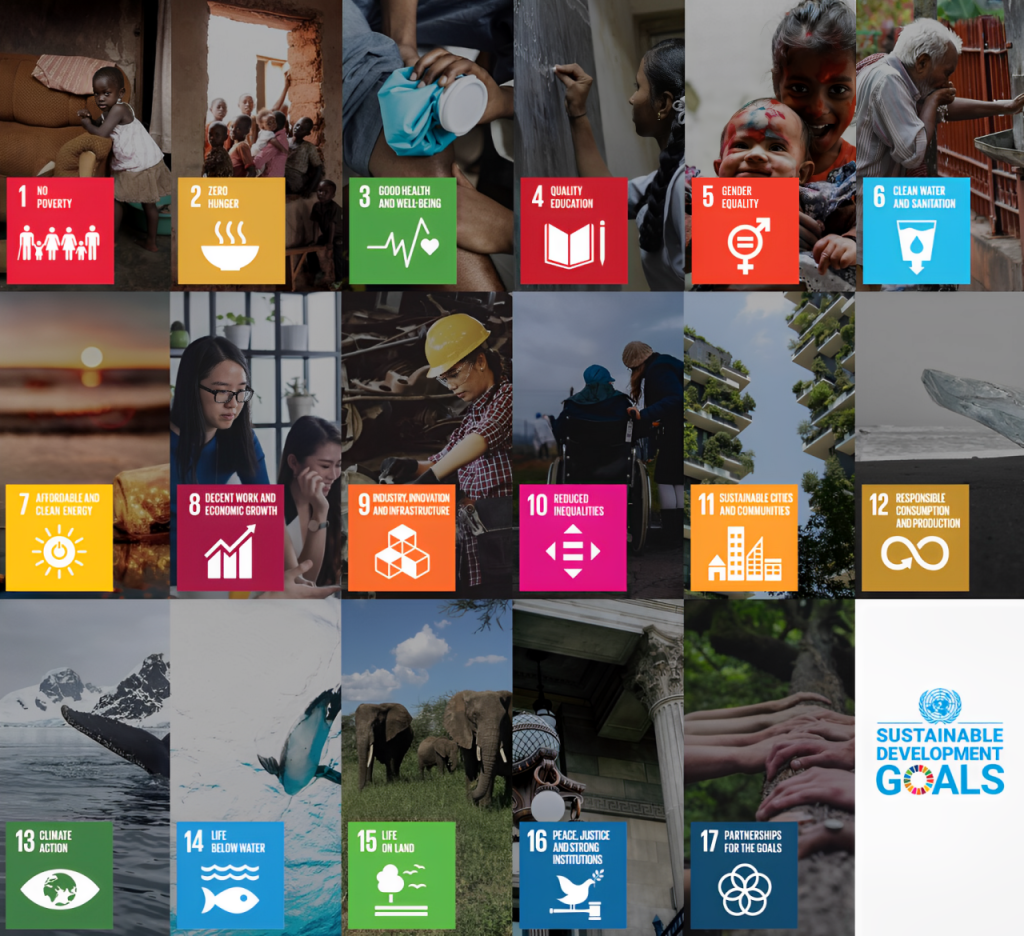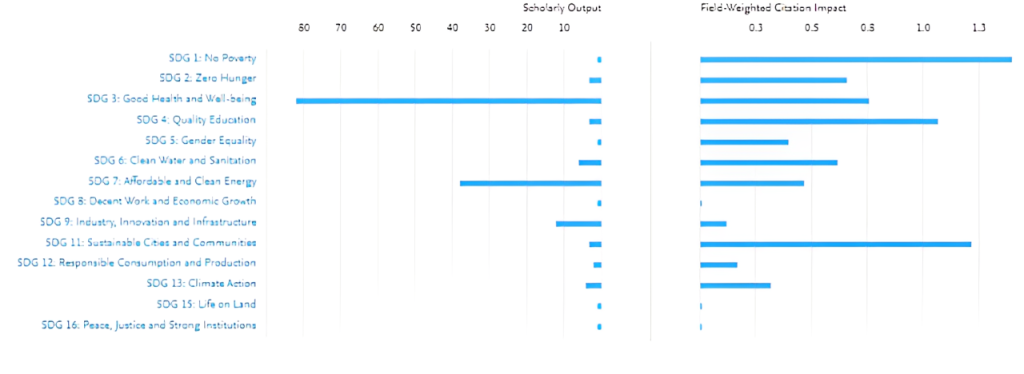What does sustainability mean?
Sustainability is an environmental term that describes how biological systems remain diverse and productive over time. For humans, sustainability is the ability to maintain the quality of life we live over the long term, which in turn depends on preserving the natural world and the responsible use of natural resources.
The term sustainability has become broad and can be applied to almost every aspect of life on Earth, ranging from the local to the global level and over different periods of time. Wetlands and healthy forests are examples of sustainable biological systems. The subtle biochemical cycles redistribute water, oxygen, nitrogen, and carbon in the living and non-living systems of the world, ensuring continuous life for millions of years. However, with the increasing number of humans, the inhabitants of this Earth, natural ecosystems have declined, and changes in the balance of natural cycles have had a negative impact on both humans and other living systems.
The Times Higher Education (THE) Impact Rankings assess the societal impact of universities based on their success in achieving the United Nations’ Sustainable Development Goals (SDGs). THE launched the first University Impact Rankings in 2019, which are global performance tables evaluating how well universities fulfill the UN’s SDGs. There are 17 tables, each illustrating universities’ progress towards a specific SDG. Carefully calibrated indicators are used to provide comprehensive and balanced comparisons across four broad areas: research, outreach, stewardship, and teaching.
There are 17 Sustainable Development Goals (SDGs) set by the United Nations, and the university’s performance is evaluated based on them:

In the aforementioned ranking, Nineveh University is positioned 43rd among 56 ethnic universities.

For more information, you click on the below link:
Publications by SDG for Ninevah University:

For more information, click below:
The relative activity of Nineveh University in achieving sustainable development goals is defined by the Relative Activity Index, which is the ratio of the institution’s scientific outputs related to one of the sustainable development goals compared to the global proportion of scientific outputs in the same goal.

For more information, click below:
(UI GreenMetric) Global Ranking
The Global Ranking (UI GreenMetric) was launched by Universitas Indonesia in 2010 to measure sustainability efforts within university campuses. It aims to establish an electronic database to identify sustainability programs and policies at universities worldwide. The ranking is based on infrastructure (15%), energy and climate change (21%), waste (18%), water (10%), transportation (18%), and education and research (18%), in addition to sustainability, environment, green spaces, and energy consumption.
Nineveh University ranks 854th out of 1183 universities globally.

For more information, click below: